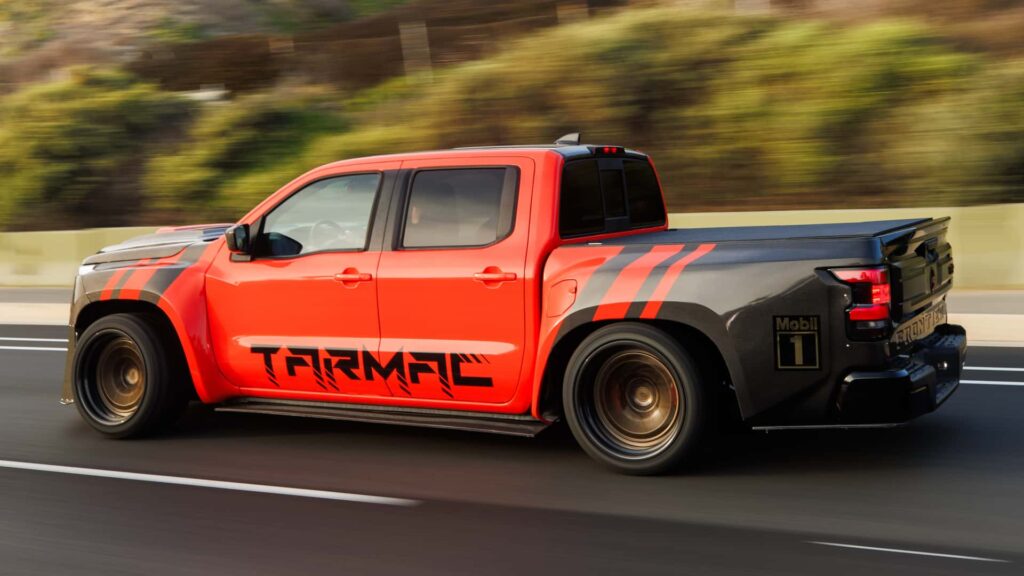Are profitable days ahead for dealers? Cox Automotive data seems to indicate dealers think they are.
Right after the most recent U.S. election, Cox Automotive surveyed dealers for the Q4 2024 Cox Automotive Dealer Sentiment Index (CADSI).
“The recent resolution of political uncertainty has cleared the path for a more optimistic outlook on future auto market conditions,” Cox Automotive’s chief economist Jonathan Smoke says. “Coupled with the potential for supportive measures such as tax rebates and the possibility of lower interest rates, dealers are feeling more hopeful about the road ahead as we move into 2025.”
The dealers’ confidence seems to be more a sign of their continued buoyancy than a shift in the retail market. Dealers speaking to WardsAuto say they are still struggling with retail sales. As WardsAuto reports, even bumps in sales volume still keep profits low due to incentives designed to clear inventory. For that reason, dealers focus on the high-profit fixed ops services they offer.
But Cox reports dealers believe 2025 will put them back on track with sales and presumably profits. The Cox data shows dealers’ expectations for the auto retail market over the next quarter – that is, the first quarter of the new year – leaped from 42 in Q3 to 54 in Q4. That compares to Q4 2023 when the index was 41, the lowest reading in its history.
“We saw a surge in the outlook, technically the largest surge we have had quarterly in the history of the data, and it gets us back to Q2 2022 levels,” Smoke says. “It is the best fourth quarter since 2021, the most profitable quarter in dealer history.”
Franchised dealers were notably more optimistic than their independent, used-vehicle-only counterparts. Franchised dealers reported an index score of 50, suggesting an equal balance between those who view the current market as strong and those who consider it weak. In contrast, independent dealers had an index score of 39, reflecting a more pessimistic view.
Other report highlights include:
The Profit Index saw a slight improvement, moving from 34 to 35 in Q4, although it remains far below the levels seen in 2021 and 2022. Both franchised and independent dealers reported higher profitability compared to Q3, but they continue to face cost pressures, including higher material and labor costs.
The sentiment toward the broader U.S. economy remained largely unchanged in Q4, with the Economy Index holding steady at 41, similar to Q3, and slightly improving from 39 in Q4 2023. Dealers’ pessimism about the economy has been consistent for the past two years, primarily due to ongoing inflationary pressures and high auto loan rates.
The sales environment showed some positive signs in Q4. The New-Vehicle Sales Index improved from 51 to 54, indicating better sales conditions. New-vehicle inventory also grew, reaching a high of 73, just two points below the all-time high set earlier in the year.
Used-vehicle sales also saw a modest improvement, with the Used-Vehicle Sales Index ticking up from 43 to 44. Used-vehicle inventory levels rose significantly, climbing from 40 to 45 in Q4.
Customer traffic remains a challenge. The Customer Traffic Index dropped slightly from 32 to 31, driven by a decline in in-person dealership visits. Digital traffic, however, showed a small increase, with the index rising from 39 to 40.
While dealers continue to acknowledge the impact of tax credits on electric-vehicle sales, sentiment toward the EV market has declined. The EV Sentiment Index remained unchanged at 43 in Q4, suggesting that most dealers view the current state of the EV market less favorably than a year ago. The outlook for EV sales over the next month dropped further to 35, down from 37 in Q3, signaling concerns about future market conditions.
Go here for more information about the Q4 2024 Cox Automotive Dealer Sentiment Index (CADSI).


